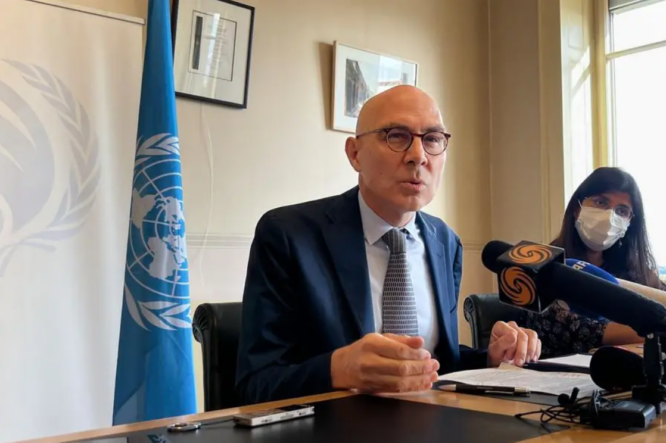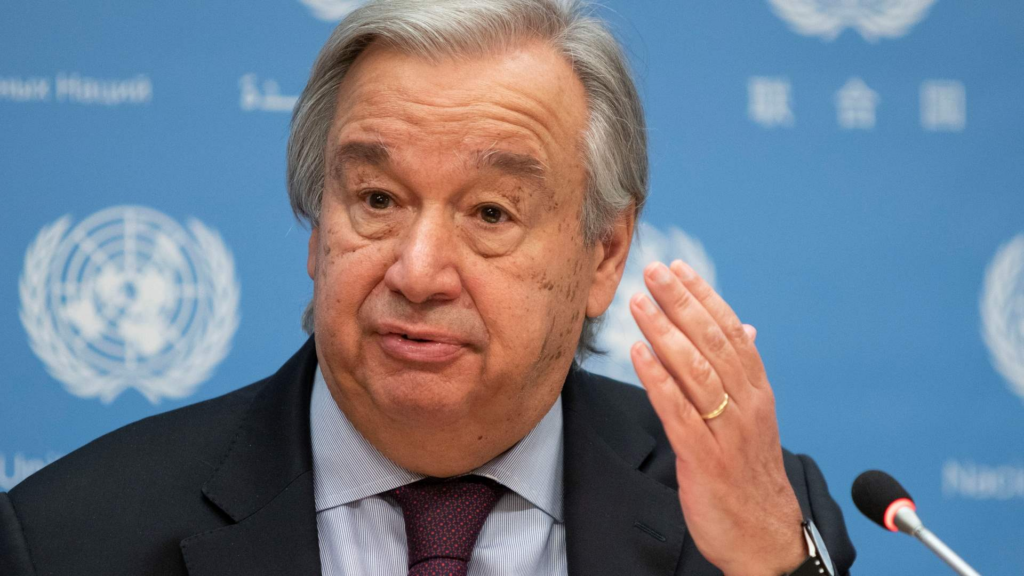The UN rights chief calls for action to combat hate speech 2023

Friday, the United Nations’ human rights chief called for concerted global action to curb hate speech, including more effective countermeasures against “mega-spreaders” of bigoted and dangerous messages.
Volker Turk asserted, prior to Sunday’s International Day for Countering Hate Speech, that “multifaceted and well-resourced efforts” could help cleanse the world of the scourge.
“We are aware that those who wish to sow discord, create scapegoats, and divert attention from real issues use the spread of hatred,” Turk stated.

In particular, social media had become “a remarkably fertile ground for hate speech, providing it with unprecedented reach and speed,” according to his statement.
“Hate breeds bigotry, discrimination, and incitement to violence,”
The UN High Commissioner for Human Rights acknowledged, “There is no silver bullet, no switch to flip that will rid our world of hate.”
However, he insisted that by investing in a variety of targeted measures, it would be possible to limit the dissemination of hate speech and hold its propagators accountable.
Companies should be held accountable, among other things, for their actions and inactions regarding hate speech.
“Additionally, more must be done to address mega-spreaders – those officials and influencers whose voices have a significant impact and whose examples inspire thousands of others,” he stated.
“We must build networks and amplify voices that can cut through the hate,” he said, citing an initiative involving religious leaders to combat hatred and incitement to violence as an example.
In addition, he advocated for increased investments in efforts to combat hate speech in languages other than English, digital and media literacy programs, and independent fact-checking.
Meanwhile, Turk warned that the fight against hate speech can be abused.
“Globally, the misuse of hate speech-related laws against journalists and human rights defenders is almost as pervasive as the spread of hate speech itself,” he said, highlighting how broad laws give states permission to censor speech they find offensive and to threaten or detain those who dare to question policies or criticize officials.
Instead of criminalizing protected speech, states and corporations must take immediate action against incitement to hostility and violence, he said.
